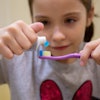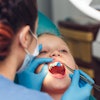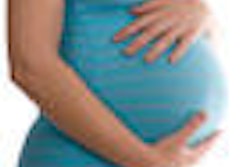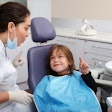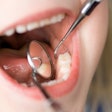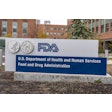The American Academy of Pediatric Dentistry (AAPD) this week announced new oral health guidelines for expectant mothers and infants during its annual meeting in Honolulu.
|
Overview of the new AAPD guidelines
|
The guidelines call for all pregnant women to receive counseling and oral healthcare during pregnancy. The guidelines also strongly recommend that infants receive an oral health risk assessment and oral care by their first birthday.
"Pregnant women with periodontal disease may be seven times more likely to give birth to premature and underweight babies," said AAPD President Beverly Largent, D.D.S., in a press release. One study shows that periodontal infection may be responsible for as much as 18% of the 250,000 premature babies born weighing less than 5.5 pounds annually in the U.S., according to the AAPD.
"Because premature births have become the number one obstetric problem in the United States, we felt the need to provide more guidance about necessary oral care for expectant moms, in addition to promoting oral health as a key part of pregnant women's overall health," Dr. Largent said.
The guidelines are based on studies that show proper dental care during the perinatal period can help prevent preterm and low-birth-weight babies, and is an important aspect of overall health for pregnant women -- allowing them to enter delivery in optimal health. Many women, however, are unaware of the implications poor oral health can have on themselves and their babies, therefore seeking oral care during pregnancy is not a priority.
Additionally, mothers with poor oral health are at greater risk of infecting their children with the bacteria that causes cavities, increasing their children's caries risk at an early age. Because cavities in infants are preventable, determining which mothers are at the highest risk improves opportunities for preventive intervention.
"Every expectant mother should receive a comprehensive oral health evaluation and risk assessment," Dr. Largent said. "Dental treatment is safe throughout pregnancy, and this is a time when expectant mothers need to be screened for oral risks, counseled on proper oral hygiene, and receive necessary dental treatment."
The updated guidelines also address proper oral care for infants and toddlers, the age group most susceptible to early childhood caries. The guidelines outline how simple changes in a mother's oral hygiene, diet, use of topical fluoride, and sharing of eating utensils can significantly reduce a child's risk for early caries.
For more information on perinatal and infant oral health or to view the updated guidelines, visit www.aapd.org.
Copyright © 2009 DrBicuspid.com
